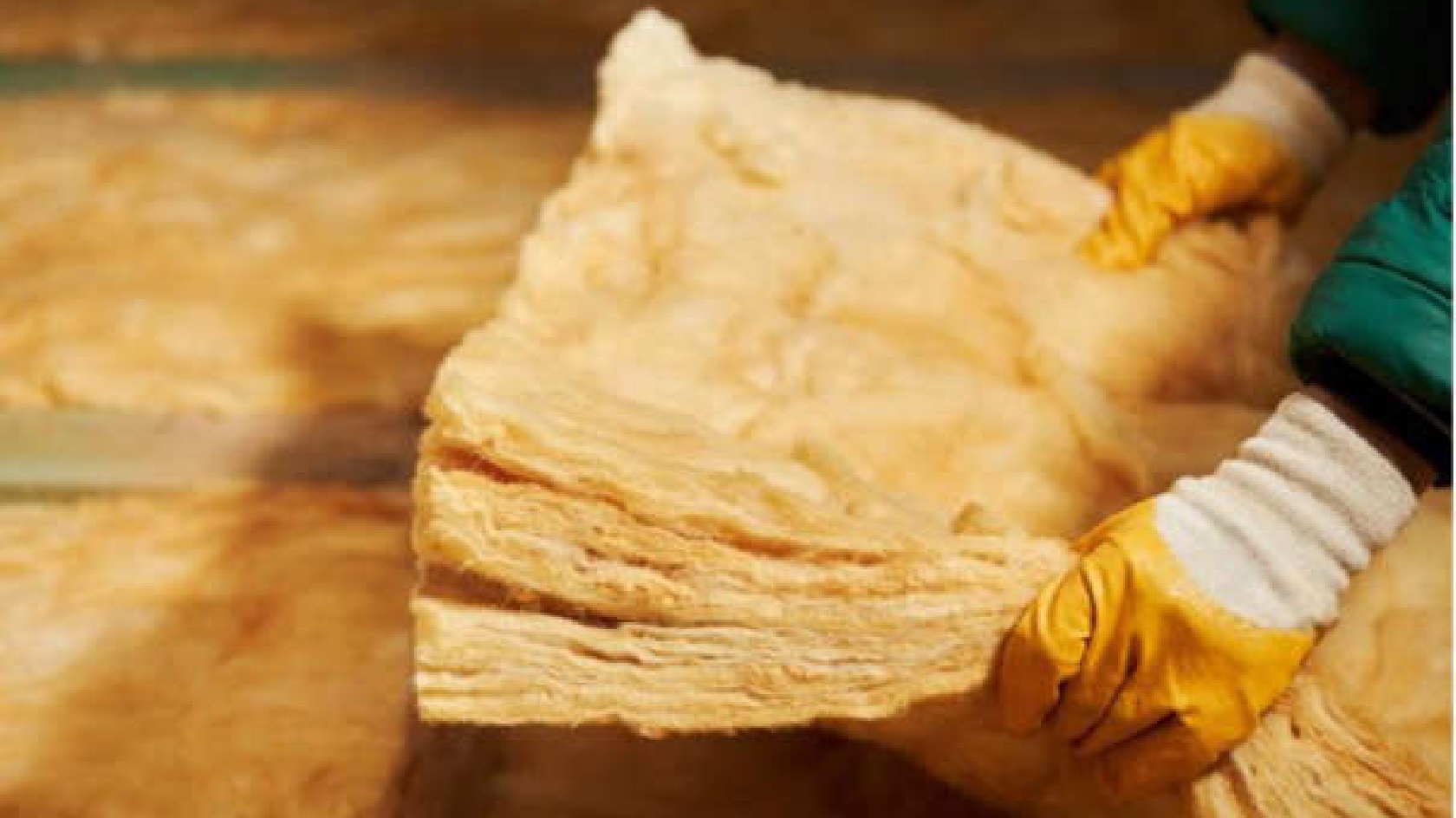
The Chief inspector of prisons issued an urgent notification for improvement at HMP Woodhill, which has been deemed 'unsafe'.
HMP Woodhill in Milton Keynes has been branded 'unsafe' due to the amount of violence taking place.
It follows an inspection at the prison, which led to Chief inspector of prisons Charlie Taylor writing to Justice Secretary Alex Chalk to issue an urgent notification for improvement.
Woodhill is a men’s high security prison and young offender institution in Milton Keynes. It holds some of the most notorious criminals such as Charles Bronson.
The prison is said to have the 'highest rate of serious assaults in England and Wales' on staff, with prisoners even hiding in their cells in fear for safety.
'Bullying and intimidation by prisoners to be commonplace', inspectors say.
In a survey of prisoners, 71% said they had felt unsafe.
The inspection came as part of an unannounced visit last month.
"Urgent support is needed from HMPPS (His Majesty's Prison and Probation Service) to help Woodhill and other establishments to develop credible, long-term plans that improve staff recruitment, and, crucially, staff retention," Chief inspector of prisons Charlie Taylor said.
HM Chief Inspector of Prisons, Charlie Taylor, said: “This was a very concerning inspection. A little over a month after issuing an Urgent Notification for HMP Bristol, it is deeply troubling to report on another prison where both staff and prisoners felt fundamentally unsafe.
"Woodhill had the highest rate of serious assaults on staff, as well as levels of self-harm among male prisoners. Woodhill is a complex, high-risk prison, holding prisoners convicted of serious offences; it simply cannot operate effectively with such chronic staff shortages. Urgent support is needed from HMPPS to help Woodhill and other establishments to develop credible, long-term plans that improve staff recruitment, and, crucially, staff retention
“It should be of considerable concern to us all that only a third of the prisoners at Woodhill said that their experience would make them less likely to reoffend in the future, a far lower proportion than at similar prisons.”














